Photographs: Hitesh Harisinghani/Rediff.com Brinda Sapat
Keep these pointers in mind and you will drastically lower the risk of injury. Your workouts will be safe; and effectively produce the results you want!
Gym injuries are commonplace and sometimes become the sort you have to live with. It takes pain medication, physiotherapy and massage to keep the pain in check. And then it pops up again!
The good news is that a lot of the injuries can be avoided. Being well informed before you start working out will make sure you don’t have to get laid up in bed, miss gym, limp around the house or have someone else carry your bags.
Posture
From the time you start your warm up, till the very last stretch in the cool down, correct posture is super important. If you run on the treadmill with your head habitually tilted to one side, or don’t hold yourself up properly, it puts strain in the joints, which over time leads to muscle and skeletal imbalance, causing aches and pains ranging from mild to extreme; or lifting weights in misaligned posture can injure joints either gradually or suddenly.
There are two points you have to watch your posture: one as you start each repetition of the exercise and the second during the execution of the exercise.
Gym injuries: Make your workouts safe AND effective
Photographs: Abhijit Mamunkar
Engage the core
Not many people are aware of this, but tightening the abdominals while you workout takes away the impact from the joints, especially in cardiovascular or plyometric (jumping) exercises.
It in fact, makes the body feel lighter which improves performance.
Keeping the abs tight also protects the back during free weight exercises where you are moving the arms or legs.
No matter what exercise you do, tighten your tummy!
Gym injuries: Make your workouts safe AND effective
Photographs: Rajesh Karkera/Rediff.com
Don’t skip the warm up
Starting off the workout session with cold muscles is a sure fire way to a muscle pull or cramp. In a worst case scenario you can tear the muscle or injure a joint.
Warming up makes the muscles loose and thus more elastic, allowing them to contract and relax more easily. 5 to 7 minutes of a light to moderate warm up gets the blood circulating and warms up the muscles preparing them for exercise.
Gym injuries: Make your workouts safe AND effective
Photographs: Courtesy Abhishek Sharma
Avoid jerky movements
Muscles and joints have their range limitations. When an exercise is performed with a jerk it pushes the muscle and joint beyond its limit, causing injury. Let’s take for example a basic squat.
You lower yourself into the squat and then jerk yourself back into standing position. The knees get locked pushing the joint into an unnatural position which affects the cushioning and supporting tissues causing inflammation. Also the back suddenly goes into contraction which could cause a muscle spasm or strain the spine.
The whole effect is a lot worse if the squat is overloaded using weights.
Movement through all exercises must be controlled by focusing on the muscles, not on momentum.
Gym injuries: Make your workouts safe AND effective
Photographs: Wikimedia Commons
Understand your own limitations
While the guy standing next to you may be able to bench press 100 kilo’s, you may be able to do only 10. Getting carried away and wanting to try the same or even half is a bad idea. But gradually working your way up to higher weights (by a kilo every week or two) allows your body to gain the strength.
Overloading all of a sudden can injure muscles and joints. The difficulty to lift it could result in dropping the weight on yourself, or you could collapse. In really serious cases it causes blood pressure to rise and may cause arterial tears.
Likewise with cardiovascular exercise, pushing yourself to a point where you can’t breathe can cause blackouts and fainting.
The key word is gradual progression.
Gym injuries: Make your workouts safe AND effective
Photographs: YouthIncMag.com
Work opposing muscles
You may love doing pushups but hate reverse flyes, so you skip them. When this becomes a repetitive pattern, the chest and front of the shoulder become strong (and tight) and the back of the shoulder and middle back are weak (and loose).
This makes the shoulder joint cave forwards and the middle back to round. The spine goes into unnatural curvature putting the vertebral discs under risk of slipping. The tightness in the front can cause muscle pulls or tears if you suddenly swing your arms backwards.
The chest and middle back oppose and balance out the spine, and must be worked equally. All muscles have opposing ones. Do the same number of exercises for both.
Very commonly, the abdominals are overworked and the back (muscles along the length of the spine) less so resulting in back problems, so make sure you give your back as much attention!
Gym injuries: Make your workouts safe AND effective
Photographs: Rajesh Karkera/Rediff.com
Stretch
When you stretch your muscles after the workout, they go back to their normal length. This prevents soreness, stiffness and muscle pulls. A muscle that has gone through lots of contraction and not been stretched can suffer a pull or tear when its moved suddenly with momentum. Stretch each muscle you have worked on for at least 15 seconds.
Gym injuries: Make your workouts safe AND effective
Rest if it hurts
Exercise involves effort and a feeling of post workout soreness. Both of these are normal. But if you have suffered a strain such as the knee feeling some discomfort or the back aching, it is important to let it rest and recover.
Working out while the body is hurt doesn’t allow you to exercise effectively and aggravates the pain, taking it much longer for the muscle or joint to heal.
Allow complete recovery and then gradually restart your workout reducing the overload on the area.
(How to tell between normal soreness and strain/injury- Soreness will almost always be equal on both sides of the body. Pain is concentrated on one side).
Keep these pointers in mind and you will drastically lower the risk of injury. Your workouts will be safe; and effectively produce the results you want!

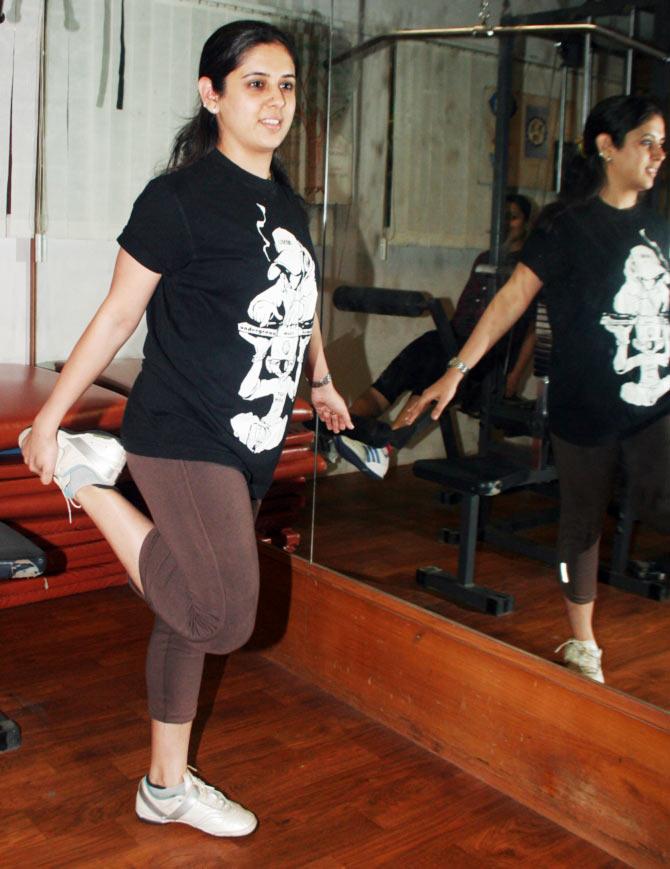
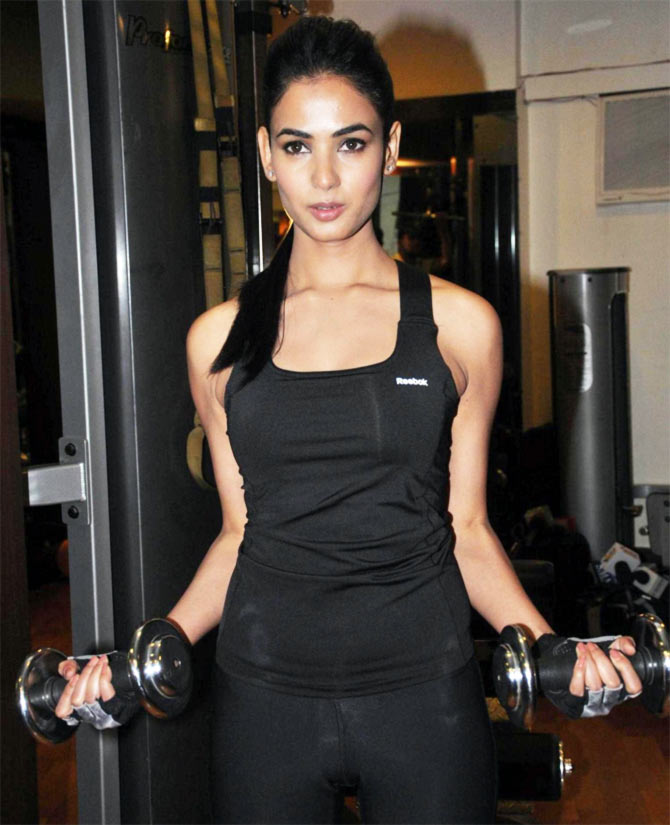
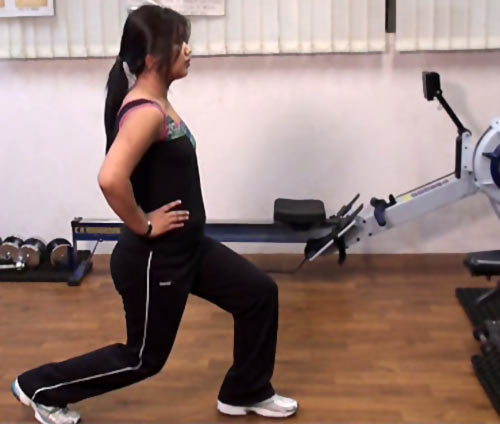

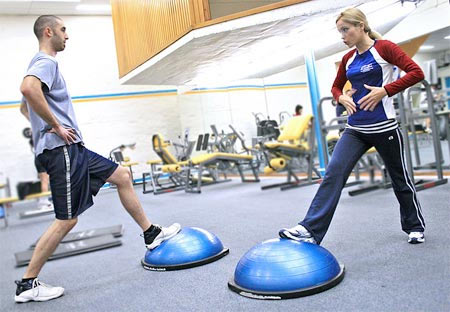
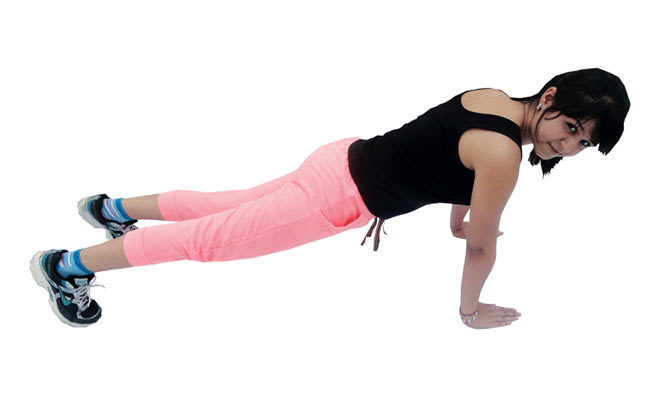
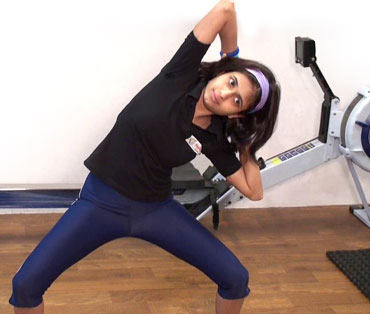

Comment
article